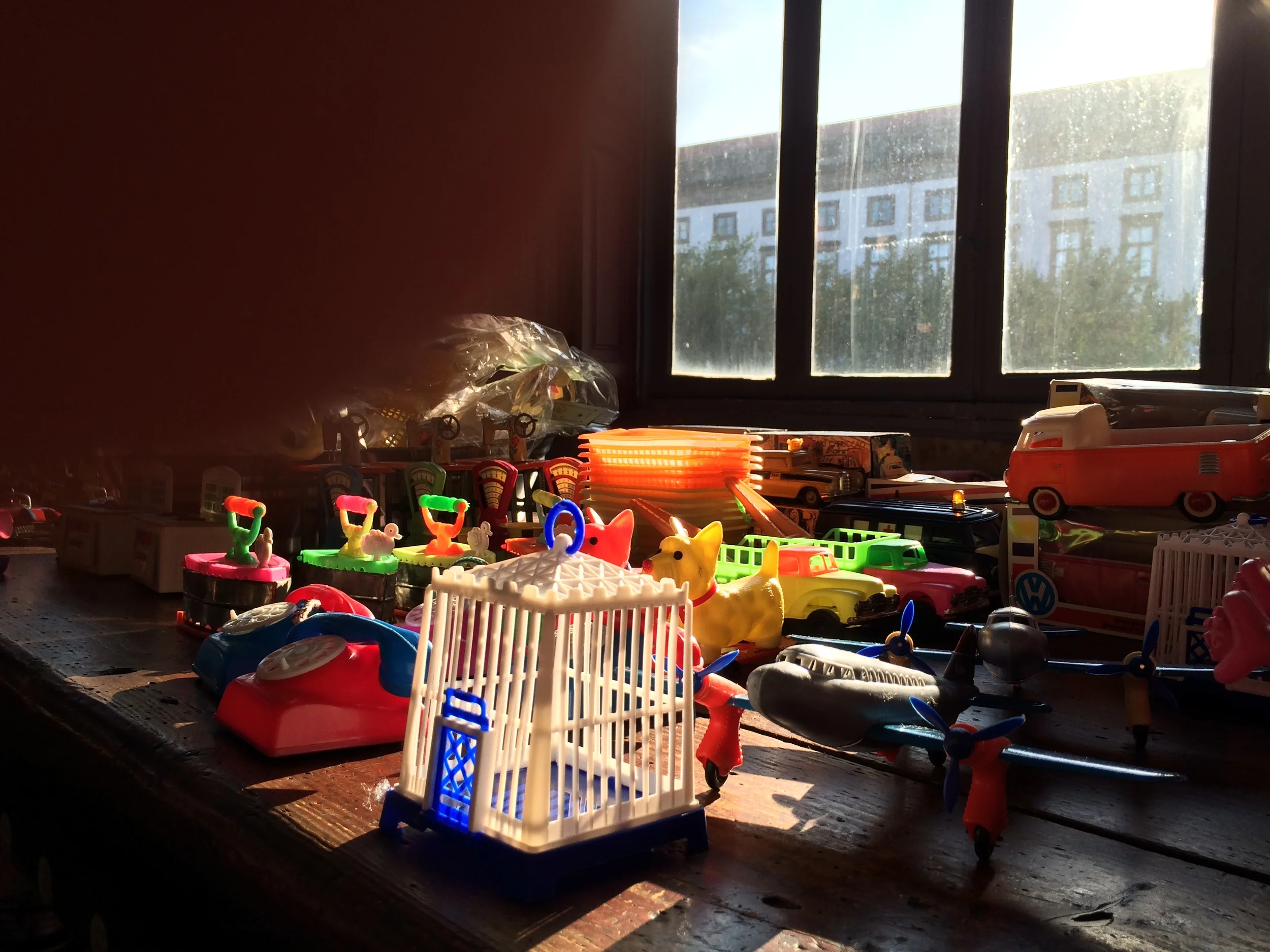This is a post inspired by Bruce Nussbaum’s post on Medium and Andy Hunter’s post on Linkedin
Many times I heard and read that if a taxi driver or your hairdresser gives you advice on the stock market, it’s a sign of a financial bubble. Don’t get me wrong. There’s nothing wrong with a taxi driver or a hairdresser (or a geologist, doctor, designer, etc) having interest in capital markets, but when everybody becomes an investment expert a market bubble could be happening and burst…soon.
A market bubble tends to be negative. However, in this case, I’m not quite sure if this is good or bad, but I feel something similar is happening now with Design. Many of us have been pushing a lot to get design into the main conversation, aiming at becoming more than the group of people that make things pretty. Many of us have pushed a lot to get design in the strategy table and in many cases, some of us have succeeded. Yay!
These days it’s very common to bring terms such as design, design thinking, UX, CX, innovation by design, etc. into different conversations. I’m glad there’s more access to guidance and education on those themes and I’m sometimes amazed how empowered people feel even after a 3-hour only course. Nothing wrong with that, but as Bruce says, the commodification of design is happening. This is when many of us get to believe that design is all about frameworks, canvases, personas and journey mappings, etc. and then... magic just happens? I think that can be a problem. Many people are starting to learn different methods but some people are taking the methods as an end, and not as the means to an end. - On top of this, I remember Larry Keeley telling us that frameworks are tools, we don't need to show them in a final report.
I feel something similar is happening with co-creation, which is part of human-centered design. Co-creation is even becoming part of advertising messages (I recently saw "The first co-created hotel"). Just like in the previous paragraph, I get the feeling that some of us are using co-creation as an end, that is taking direct inputs from users into solutions. I think (and I’ve exchanged some thoughts with Carlos, Javi, Jus, Karolina, Leticia, Marco and Reena) it should be taken more like a research technique. I mean, it’s not about users saying “I want it blue” (and making it blue), but about understanding why our users said that and what the values and motivations are behind that choice.
And this is my take: Maybe I’m also part of the problem. I’m one of those former business/marketing guys who changed his life after attending Design school and came out empowered with a different perspective. But don't get me wrong, I don't think this is as negative as a market bubble. Probably this commodification of design is just a natural cycle and it’s good. When I worked in marketing, I heard from many people phrases like “oh! this brand/product lacks ‘marketing' that's why it's not a top seller” so many times. What people meant was that those brands had not reached enough levels of awareness to be ordered by customers. But people called it simply ‘marketing'. And there were (are) marketing people and ‘marketing' people. So, there must be design people and ‘design' people. Hope I can fit in the non quotation marks type.
Anyways, I just wanted to share some thoughts that have been flying in my head lately. One of the things I told my students was to be humble. Human-centered design is one of many different approaches for problem solving. It’s not a magic bullet and it will not save a company if there’s no willingness and openness to try new things, to take some risks and to change.
@luiseduardodejo
PS. I imagine this can generate discussion. This is just a point of view.
